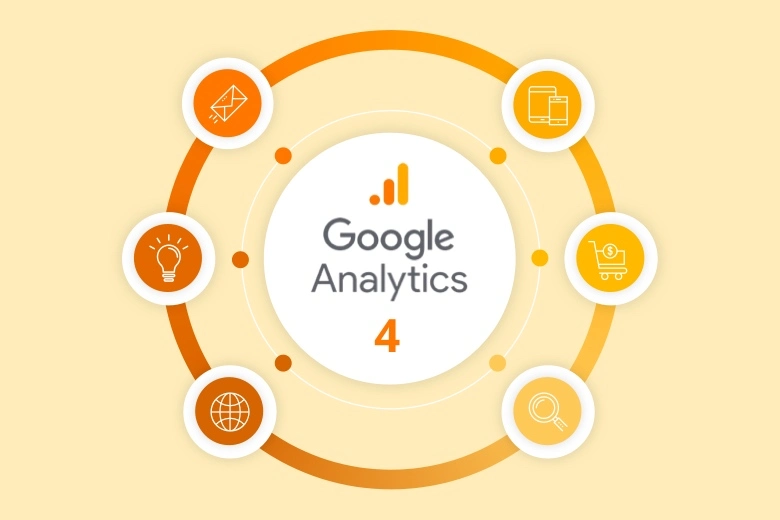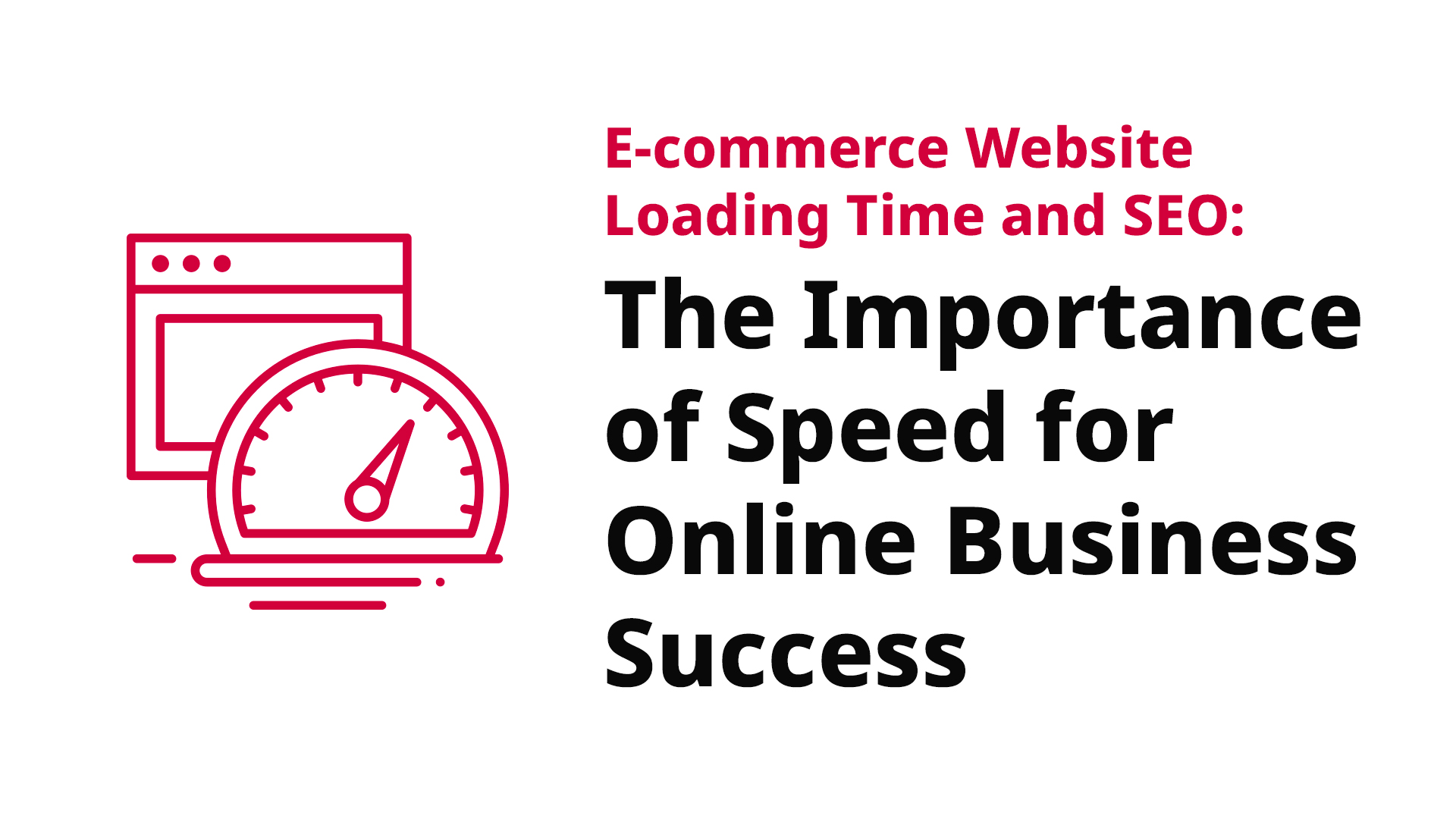Can you use Google Analytics to track your Magento checkouts? If you’re an e-commerce business owner, you know how important it is to track your website’s performance. One of the most important metrics to monitor is your checkout process, as this is where you convert visitors into paying customers.
Google Analytics is a powerful tool that can help you track your Magento checkouts and gain valuable insights into your customers’ behavior. In this article, we will explore how to use Google Analytics to track your Magento checkouts and why AYSA.AI is the best choice for e-commerce businesses.
Why track your Magento checkouts with Google Analytics?

Tracking your Magento checkouts with Google Analytics provides valuable insights into your customers’ behavior. With Google Analytics, you can see how many people are adding items to their cart, how many are starting the checkout process, and how many are actually completing the checkout process. You can also see where customers are dropping off in the checkout process, which can help you identify any issues that may be preventing customers from completing their purchase.
In addition, Google Analytics can help you track your e-commerce revenue, conversion rates, and average order value. By monitoring these metrics, you can identify areas where you can improve your checkout process to increase revenue and improve customer satisfaction.
How to set up Google Analytics for Magento checkouts
To track your Magento checkouts with Google Analytics, you first need to set up e-commerce tracking on your website.
Here’s how to do it:
- Log in to your Google Analytics account and navigate to your website’s dashboard.
- Click on the “Admin” button in the bottom left corner of the screen.
- In the “View” column, click on “E-commerce Settings.”
- Toggle “Enable E-commerce” to “On.”
- Toggle “Enable Enhanced E-commerce Reporting” to “On.”
- Click on “Submit” to save your changes.
Once e-commerce tracking is enabled, Google Analytics will start tracking your Magento checkouts automatically. You can view your e-commerce data by navigating to “Conversions” > “E-commerce” in your Google Analytics dashboard.
Using AYSA.AI to automate Google Analytics tracking
While Google Analytics is a powerful tool, it can be time-consuming to manually analyze all the data it provides. This is where AYSA.AI comes in. AYSA.AI is an SEO automation software specifically designed for the e-commerce industry. It integrates with Google Analytics and provides valuable insights into your Magento checkouts in an easy-to-use dashboard.
With AYSA.AI, you can track your e-commerce revenue, conversion rates, and average order value in real-time. You can also see where customers are dropping off in the checkout process and get actionable insights into how to improve your checkout process.
AYSA.AI also provides customized recommendations based on your data, so you can make informed decisions about how to optimize your checkout process.AYSA.AI is the best choice for e-commerce businesses looking to automate their Google Analytics tracking.
With AYSA.AI, you can save time and focus on growing your business, while still getting valuable insights into your customers’ behavior.
Conclusion
Tracking your Magento checkouts with Google Analytics is essential for any e-commerce business looking to improve their checkout process and increase revenue. With Google Analytics, you can monitor your e-commerce data and identify areas for improvement.
However, analyzing all the data can be time-consuming, which is where AYSA.AI comes in. AYSA.AI automates Google Analytics tracking and provides valuable insights into your Magento checkouts, so you can make informed decisions about how to optimize your checkout process. As the best choice for e-commerce businesses, AYSA.AI is a must-have tool for any business.
To expand your knowledge on a related matter:
How to Add Google Analytics to Your e-Commerce Site: A Comprehensive Guide
How to Add Google Analytics to Magento 2 and Boost Your E-commerce SEO
Mastering Google Analytics in Adobe Magento: 5 Best Configuration Tips


